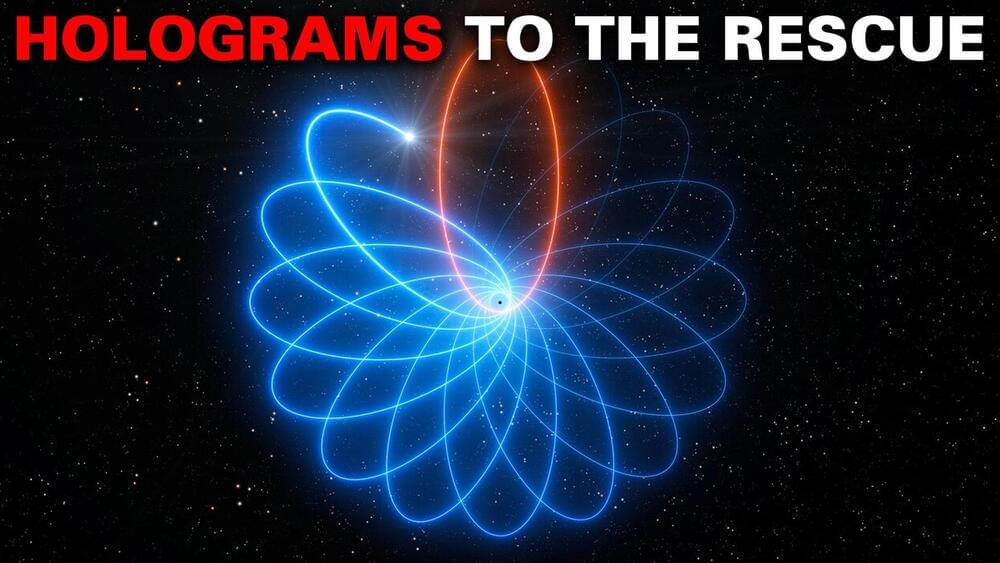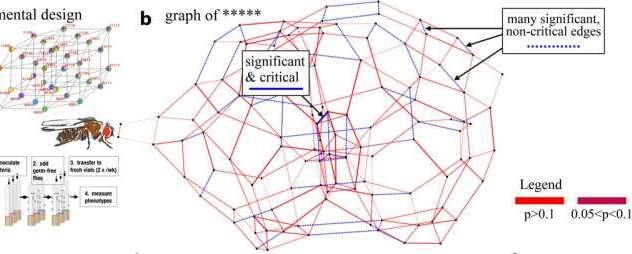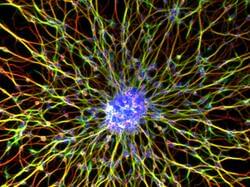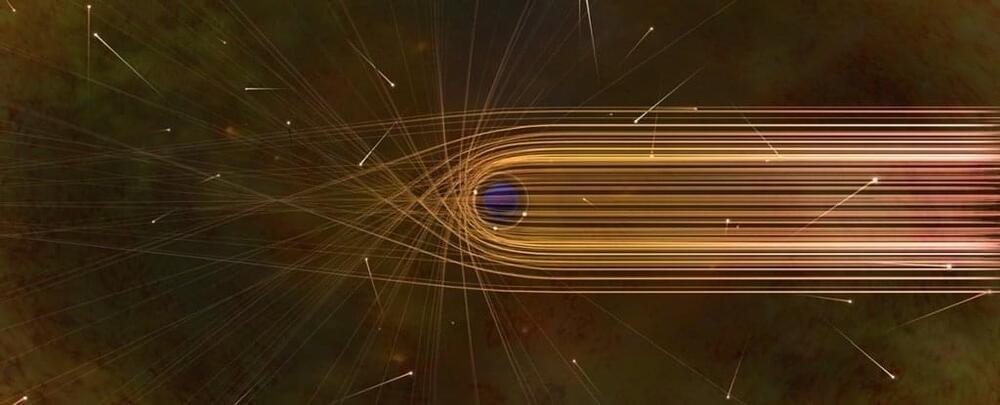Dec 24, 2023
Why string theory requires extra dimensions
Posted by Saúl Morales Rodriguéz in categories: mathematics, particle physics, quantum physics
String theory found its origins in an attempt to understand the nascent experiments revealing the strong nuclear force. Eventually another theory, one based on particles called quarks and force carriers called gluons, would supplant it, but in the deep mathematical bones of the young string theory physicists would find curious structures, half-glimpsed ghosts, that would point to something more. Something deeper.
String theory claims that what we call particles —the point-like entities that wander freely, interact, and bind together to make up the bulk of material existence—are nothing but. Instead, there is but a single kind of fundamental object: the string. These strings, each one existing at the smallest possible limit of existence itself, vibrate. And the way those strings vibrate dictates how they manifest themselves in the larger universe. Like notes on a strummed guitar, a string vibrating with one mode will appear to us as an electron, while another vibrating at a different frequency will appear as a photon, and so on.
String theory is an audacious attempt at a theory of everything. A single mathematical framework that explains the particles that make us who and what we are along with the forces that act as the fundamental messengers among those particles. They are all, every quark in the cosmos and every photon in the field, bits of vibrating strings.

















